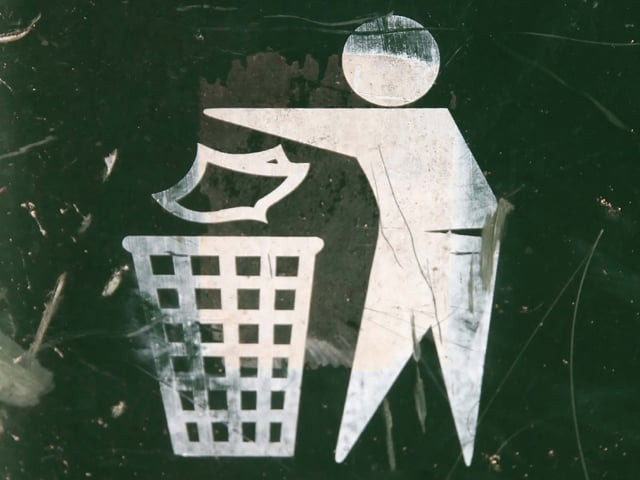Untapped avenue: Making paper from organic waste, a way to earn money and save resources at the same time
WWF Pakistan holds a training session at Kakapir village.

Untapped avenue: Making paper from organic waste, a way to earn money and save resources at the same time
According to Fizza Shah, the manager communications and awareness raising at World Wildlife Federation Pakistan (WWF-P), any type of paper can be made from thick to thin and hard to soft. “For an expert, it will take around four hours to make between 120 and 150 sheets of paper.”
Shah was addressing a training workshop at Kakapir village, near Hawkesbay, on Monday, to teach students, civil society representatives and women how the process worked. The training was held as part of the week-long celebration ahead of World Environment Day being celebrated today, June 5.
Shah told her audience that the trainers used wheat and sugarcane husks, banana leaves and vegetables to make the paper. But any solid waste which is organic can be used in the process.
According to her, the paper-making process did not require energy besides what the paper-maker’s own efforts and burning ash. The paper can be used for anything from writing paper to stationery and gift wrapping. In fact, most examinations taken in Indian schools are on this kind of recycled paper, she said.
The process begins by taking your raw material and cooking it in leftover ash from coal or wood. The mixture is then blended and soaked in water to decrease the saturation of the material. The paste is then pasted in thin layers on top of sieved screens so that the water drains through and the pulp remains on top. Finally, the sheets are then left to dry for about 12 hours.
Shah said that people can generate income by recycling organic material to make paper and selling it. There was an international market for the product but there was a dearth of adequately-trained people to exploit it. Envelopes made from this paper can be sold from between Rs25 to Rs100 while lamp shades were sold for up to Rs1,000.
The desired result in teaching the people to start making handmade paper was to ultimately clean up the environment and decrease the number of garbage dumps, garbage strewn around and the burning of garbage in the city. Another aim of the enterprise is to reduce deforestation for paper pulp and decrease the use of energy and resources for paper production.
WWF-P Regional Director Rab Nawaz urged the audience to take advantage of this opportunity.
“This avenue needs to be tapped to support environment-conscious livelihood opportunities.”
Environment Festival
As part of the environment-week celebrations in the city, the Karachi Metropolitan Corporation (KMC) and National Forum for Environment and Health have arranged Youth Environment Festival at Frere Hall to raise awareness about environmental issues.
Published in The Express Tribune, June 5th, 2012.



















COMMENTS
Comments are moderated and generally will be posted if they are on-topic and not abusive.
For more information, please see our Comments FAQ